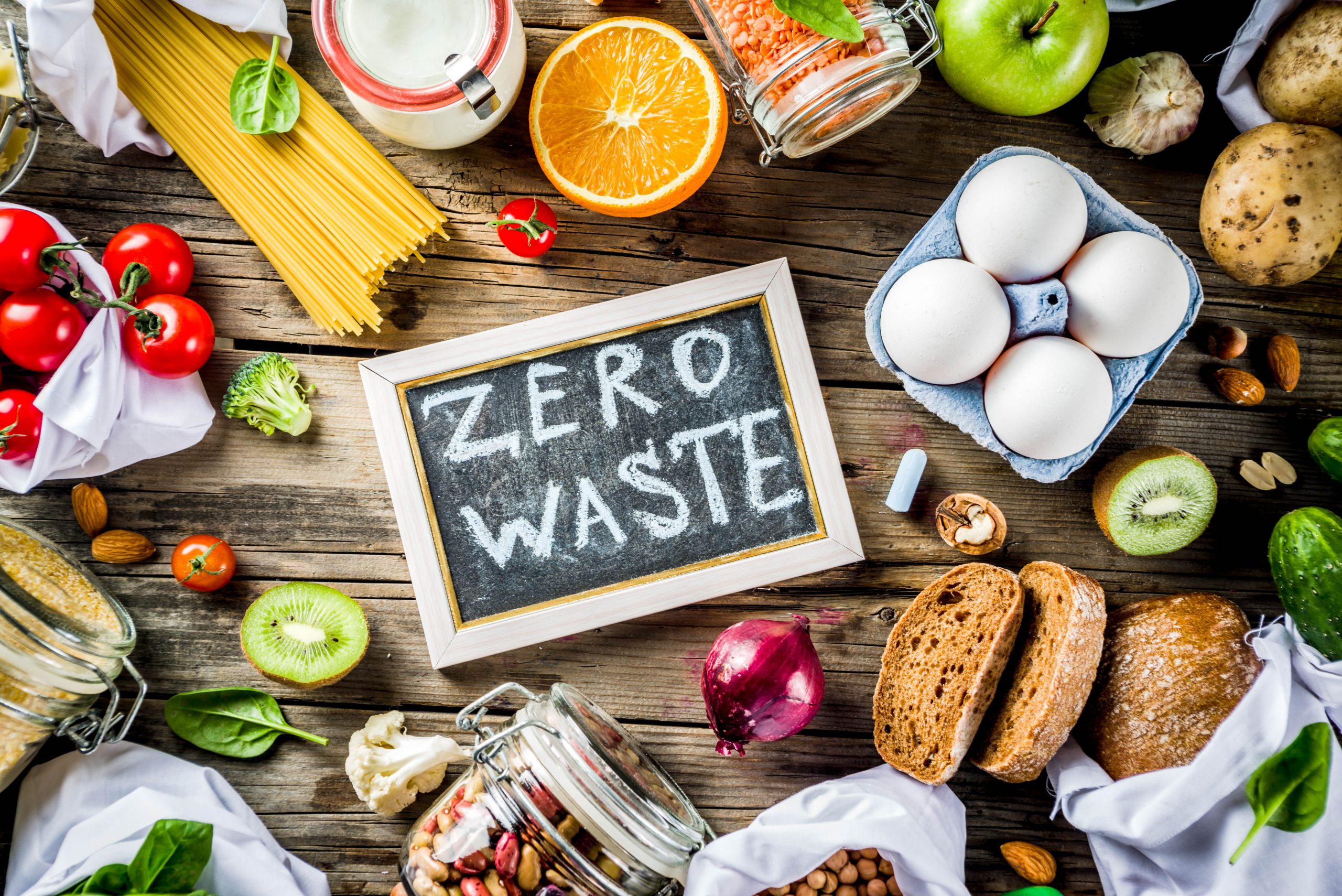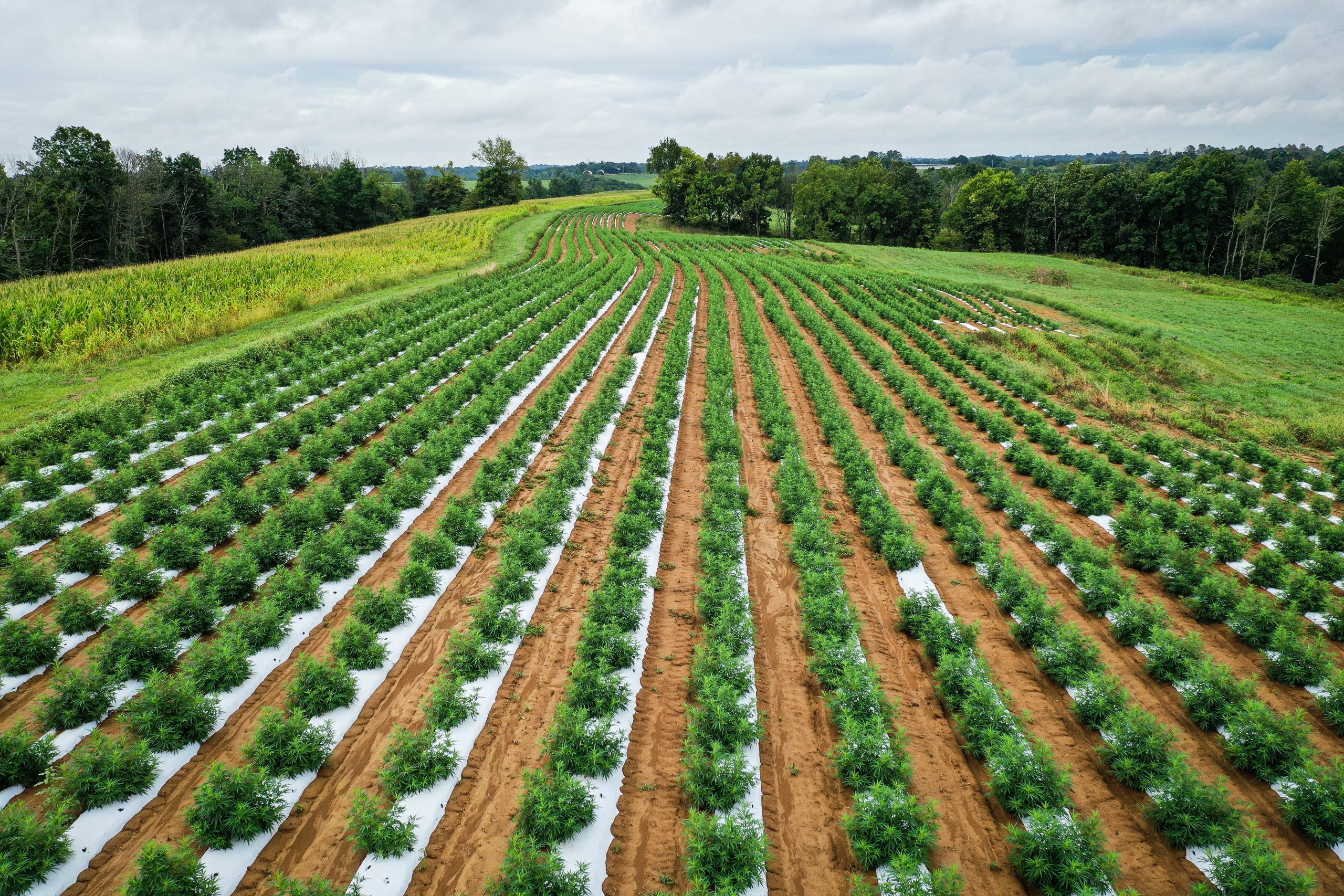How Does the Food you Consume Impact the Planet?

After the release of the IPCC report into global warming, which found humans are directly causing climate change, Housing Industry Leaders looks at how you can manage food waste to improve our personal effect on the planet.
Despite the idea that big supermarkets are the sole blame for high levels of food waste, 60% of thrown away food comes directly from homes. This accumulation means that the UK throws away approximately 9.5 million tonnes of food waste a year.
While food degrades naturally, it releases harmful methane gases into the environment, roughly 25 times more harmful to the planet than CO2 emissions.
Trapping heat in the atmosphere, methane contributes massively to the increase of the Earth’s temperature. This leads to a dramatic increase in sea levels, flooding and fires.

Jag and Nirali Mankodi run a sustainable food company
Speaking to Superfoodio, a family run plant-based snack company about reducing food waste, Jagir Mankodi explained: “A plant-based diet is better for the environment, not just for you personally.”
Husband and Wife team, Jagir and Nirali Mankodi started their plant-based business after leaving their corporate lives to travel around South America. Their experiences of witnessing a plant-based culture in another continent, alongside their own practices, inspired them to create their business.
Nirali told Housing Industry Leaders: “I still remember when we were in Bolivia and were living in a spare room of a farming family that grew Quinoa and potatoes. The farmer explained to us that we should treat the earth nicely so the food will be a gift from the earth to us.”
“It showed to us that we need to show more love to nature and the way we eat can have a massive impact on this,” added Jagir.
Plant-based snacks may be the catalyst for change
The snack industry is where many people fall through the cracks with a plant-based diet, so Superfoodio has plugged this hole in the market with a sustainable plant-based product that puts health and the environment first.
It is hoped that these plant-based snacks can act as a steppingstone for people to introduce more plant-based food into their diet to reduce food waste and the carbon footprint of animal-based produce.
we need to show more love to nature and the way we eat can have a massive impact on this
Animal-based produce accounts for over 14% of global CO2 emissions annually, so Superfoodio is looking to tackle two issues with their product.

Jagir further explained this: “It has been really good for us to challenge the norm because we had no previous experience in the food industry. We can say why do we need palm oil, what is the purpose of refined sugars.”
Food poverty is blocking the plant-based hype
One restriction some people in the UK face with going plant-based is cost. Food poverty is on the rise in the country, with 6 million adults and 1.7 million children considered to be food poor, a recent report from the Big Issue stated.
We are actively looking all the time at ways which better for your products are more affordable and accessible
Nirali informed Housing Industry Leaders: “We are actively looking all the time at ways which better for your products are more affordable and accessible. Hitting price points will stop the discourse of “I can get twice as many snacks for the price of one of these snacks.”
Bridging this gap is difficult as more sustainable methods of delivery and ingredients generally come at a higher cost than less sustainable methods.
Rounding up the interview, Jagir stated: “We want to be careful not to burden the food waste crisis the world is experiencing, so it is vital that we ensure the product will be popular. All food businesses have a responsibility to look after our planet. embedding good ethics is the key to driving sustainability further.”

